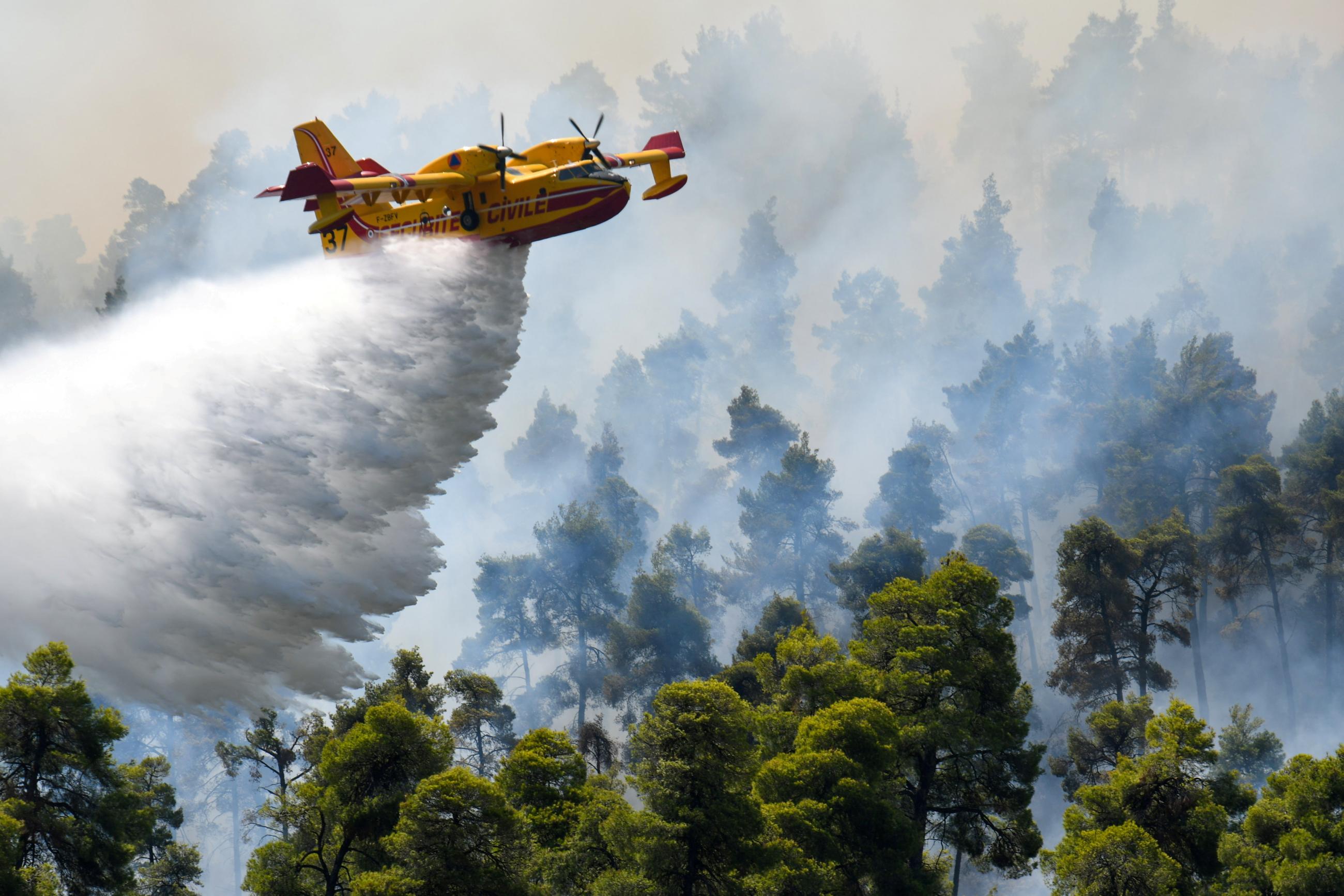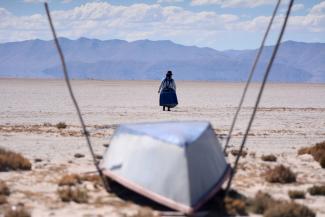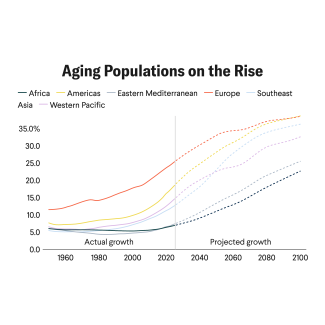Over the past year, we have borne witness to the accelerating health effects of climate change and how it is undermining global public health. We have seen the most comprehensive reports yet showing that our ecosystems are under such stress that wide scale human suffering is all but a certainty.
Despite years of sobering warnings of this existential threat and the clear human health implications posed by climate change, the medical community has been slow to respond, offering little training in medical schools or early medical career programs on climate-linked illnesses. And limited medical research has been conducted in this area. Yet, health is increasingly an important lens through which to measure the effects of climate change—making climate change more salient and tangible to the public and policymakers.
The medical community has been slow to respond, offering little training in medical schools or early career programs on climate-linked illnesses
COVID and Climate Change
The COVID-19 pandemic has exposed the inadequacies of our public health system to perform the most basic functions of its mission, but alternatively, it has revealed society's capacity to rally for collective actions that protect our health. We have reached an inflection point—a moment when a response to climate change is called for. Consider the past year: the Biden administration has placed climate and health at the forefront of its policy agenda; and the National Academy of Medicine (NAM) launched its Grand Challenge on Climate Change, Human Health, and Equity, described by NAM as "a multi-year global initiative to improve and protect human health, well-being, and equity by working to transform systems that both contribute to and are impacted by climate change." It explicitly identifies education about the climate crisis as a public health and equity crisis as one of its strategic objectives. The 2021 United Nations Climate Change Conference (COP26) meeting in Glasgow, Scotland—often maligned as incommensurate with the urgency and scale of the need—was widely viewed as the first COP conference where health played a prominent role, and it included a high profile meeting, convened by the World Health Organization, at which nations, including the United States, committed to health-care decarbonization and climate resilience.

We are encouraged by this movement toward meaningful climate action at the national and international levels, and the increased recognition of the greater imperative to act upon record heat exposures, flooding episodes, wildfires, hurricanes, and forced displacement—which all place, and will place, new demands on global health systems. But the medical profession is suffering a knowledge gap: who within medicine has the expertise, credibility, knowledge, and leadership skills to synthesize this complex landscape and craft a path forward?
Resilient Health Systems
It bears repeating The Lancet declaration, that climate change not only represents the greatest threat to global health of the twenty-first century, but also the greatest opportunity. Climate change disproportionately leaves its mark on certain vulnerable populations and exacerbates systemic inequalities, and our response to the climate crisis affords us the opportunity to rebuild our health systems to be more resilient, socially just, and equitable. The process of building climate resilient health systems constitutes one of the most profound and complex challenges ever confronted by the health-care community. As with any humanitarian response, this process must be informed by and take into consideration local structures of health-care governance and implementation. Restructuring health-care systems must involve stakeholders, including physicians who can guide the process and ensure a safe and patient-oriented transition.
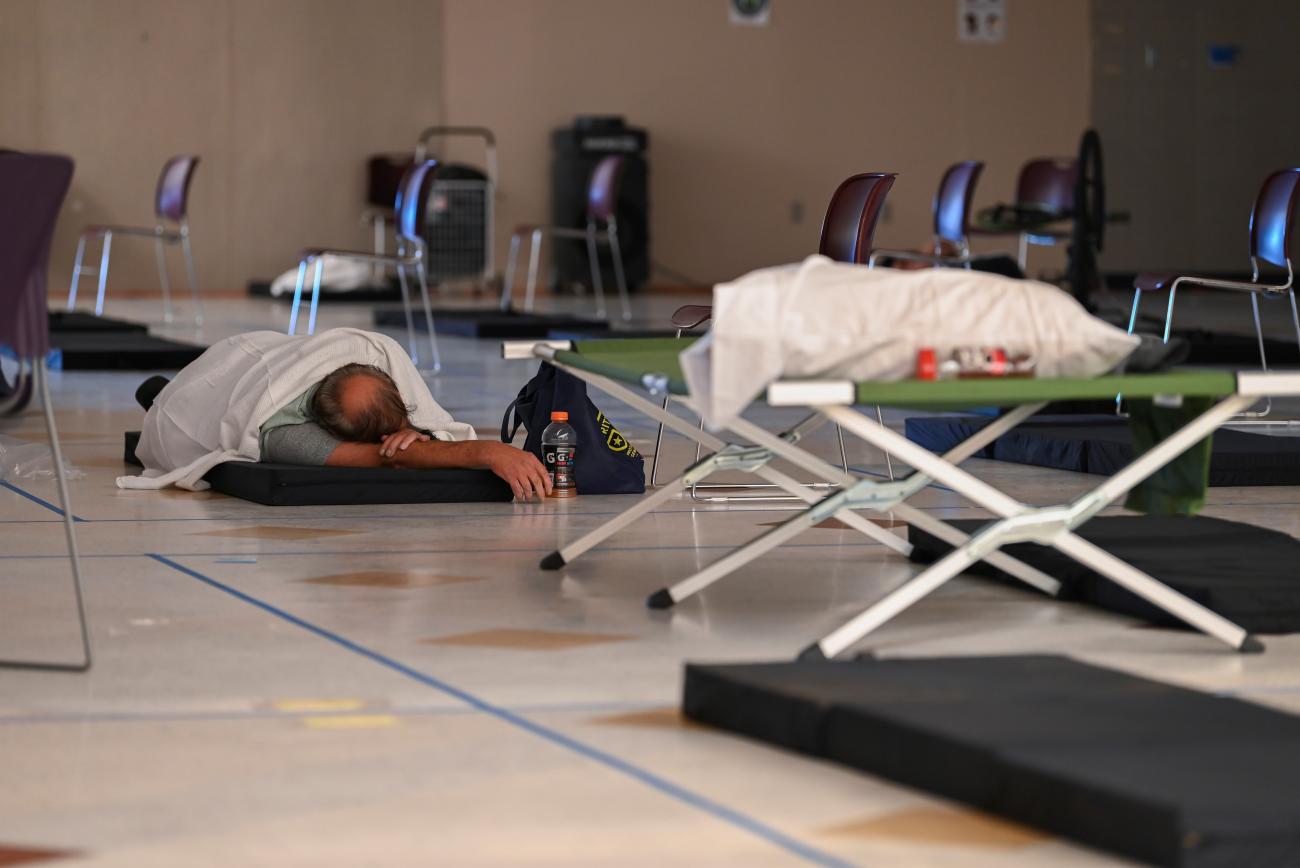
Greening the House of Medicine
At the recent COP26 Conference in Glasgow, Assistant Secretary for Health for the U.S. Department of Health and Human Services (HHS), Dr. Rachel Levine, pledged to ensure a low-carbon, equitable, and resilient health system as part of the nation’s broader set of COP26 climate commitments. The pledge includes a reduction in emissions at federal health facilities and will provide incentives, guidance, and assistance to private health-care systems.
President Biden's recent executive order, "Catalyzing Clean Energy Industries and Jobs Through Federal Sustainability," operationalizes this vision. However, uncertainties remain on which incentives or regulations will be brought to bear to realize the goal of health-care system decarbonization. The NAM "Action Collaborative on Decarbonizing the U.S. Health Sector" represents one path forward. This climate collaborative seeks to address the significant greenhouse gas emissions of the healthcare sector while simultaneously strengthening the sector's resilience to climate hazards. Here again, physicians from all specialties will be important stakeholders in shepherding the transition, helping to develop new approaches that still ensure safe and equitable health care delivery. If doctors want to help direct this transformation of the health-care sector to inform smart, patient-centric policies, then it's time to scale up our own workforce through education and close this leadership gap.
COP26 was widely viewed as the first COP conference where health played a prominent role
A Path Forward
Physicians are particularly well-positioned to address issues at the intersection of climate change and health equity. In 2017, the University of Colorado School of Medicine developed a novel graduate medical education (GME) fellowship in climate and health science policy designed to train a new generation of physician leaders and equip them with the skills to tackle this far-reaching crisis. Fellows are embedded in major federal policy organizations including the Environmental Protection Agency, the U.S. Global Change Research Program, the National Oceanic and Atmospheric Administration, and the Office of Climate Change and Health Equity at the Department of Health and Human Services. Fellows also partner with non-profit organizations, such as the Nature Conservancy and others, to become fluent in utilizing multi-modal strategies to engage the public and other physicians on issues at the intersection of climate and health. The success of the pilot cohorts coupled with the adoption of the virtual classroom and workplace facilitated expansion of this model program to a national fellowship model, hosting five fellows in various medical specialties.
However, the efforts of this fellowship are slim compared to the growing need for skilled clinicians capable of navigating the dizzying interplay between public health, geopolitics, earth science, government, and medicine. A recent editorial, published in 200 international health journals, including The Lancet and The New England Journal of Medicine, warned of "catastrophic harm to health that will be impossible to reverse." Such a warning should serve as a call to arms for health professionals. But it also implies an impending workforce shortage in climate-related health roles.
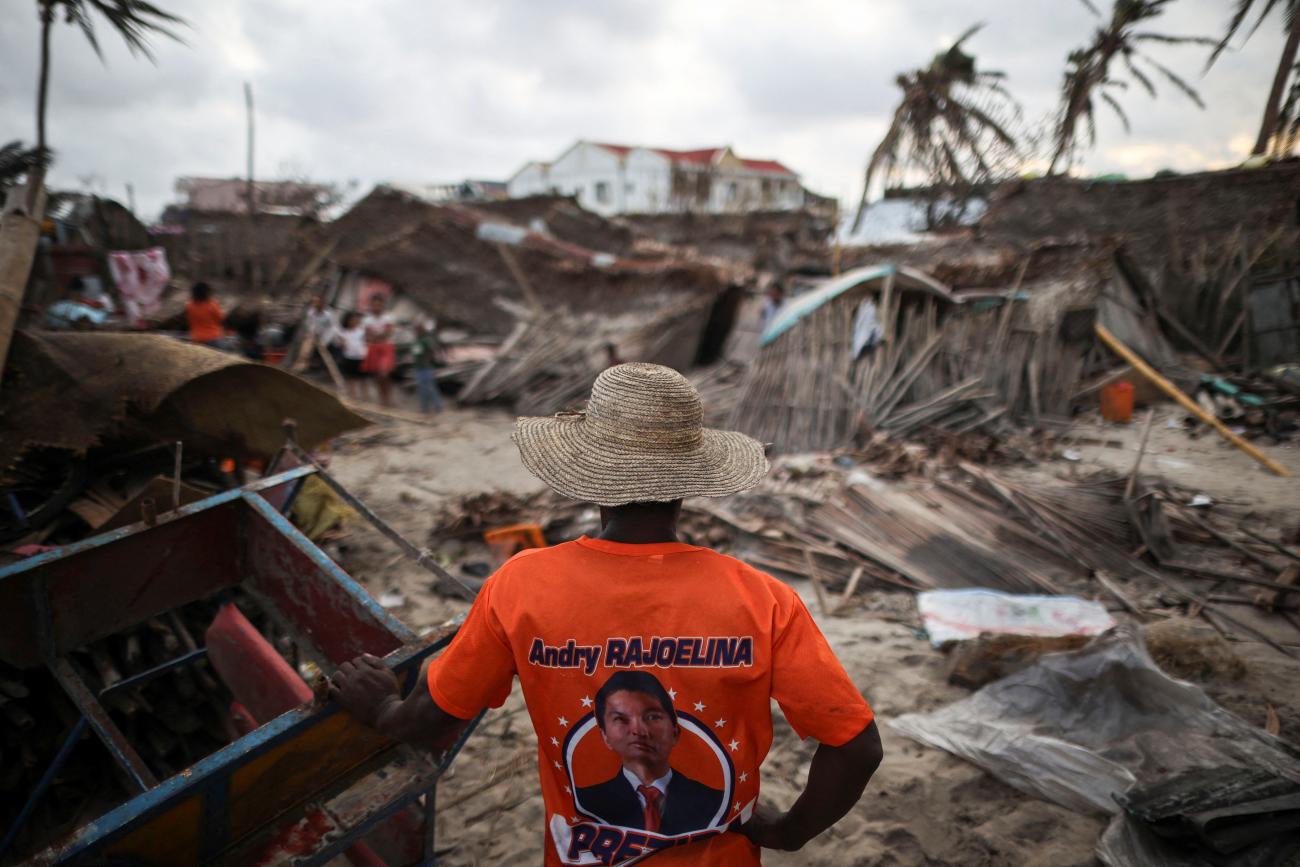
There are some sparks of educational innovation available to clinicians, including codification of core competencies for health professionals at Columbia University, a global nursing initiative through Health Care Without Harm, a public health-based certificate course at Yale, and a comprehensive diploma in climate medicine at the University of Colorado. The United Kingdom's National Health Service leads in scalable training impact through its Chief Sustainability Officer's clinical fellowship, offering clinicians a twelve-month apprenticeship to develop their leadership skills and positively impact the NHS's "green agenda." Despite these nascent efforts, a boots-on-the-ground workforce of climate-savvy clinicians will remain conspicuously absent for the foreseeable future.
In the 1980s, the International Physicians for the Prevention for Nuclear War (IPPNW) and its American affiliate, Physicians for Social Responsibility (PSR) rallied health practitioners behind a common, essential purpose: to help patients and the broader community better understand the extraordinary danger posed by nuclear weapons. The critical role physicians played in building public awareness and placing pressure on governments to end the nuclear arms race was recognized when the IPPNW and PSR were awarded the Nobel Peace Prize in 1985. Physicians are now faced with a similar existential threat in the form of climate change. The critical difference is that climate change is already harming the health of people around the world.
As the United States and other nations mobilize to respond, physicians will need to help craft the narratives and policies that build climate resilience in the context of a post-pandemic world. Climate doctors can be trusted resources and advocates for climate-resilient policies, help health systems adapt to climate shocks, credibly address deeply rooted environmental justice issues, and effectively lead health-care systems to decarbonize. Even during the height of discord during the pandemic, our health-care workers were universally recognized and praised for their professionalism and indefatigable support of communities under threat. We hope a new generation of physicians will be inspired to help elevate the voices of our health-care workforce to promote patient-centric climate education, clinical practices, and policies that address the unprecedented challenges to come.
